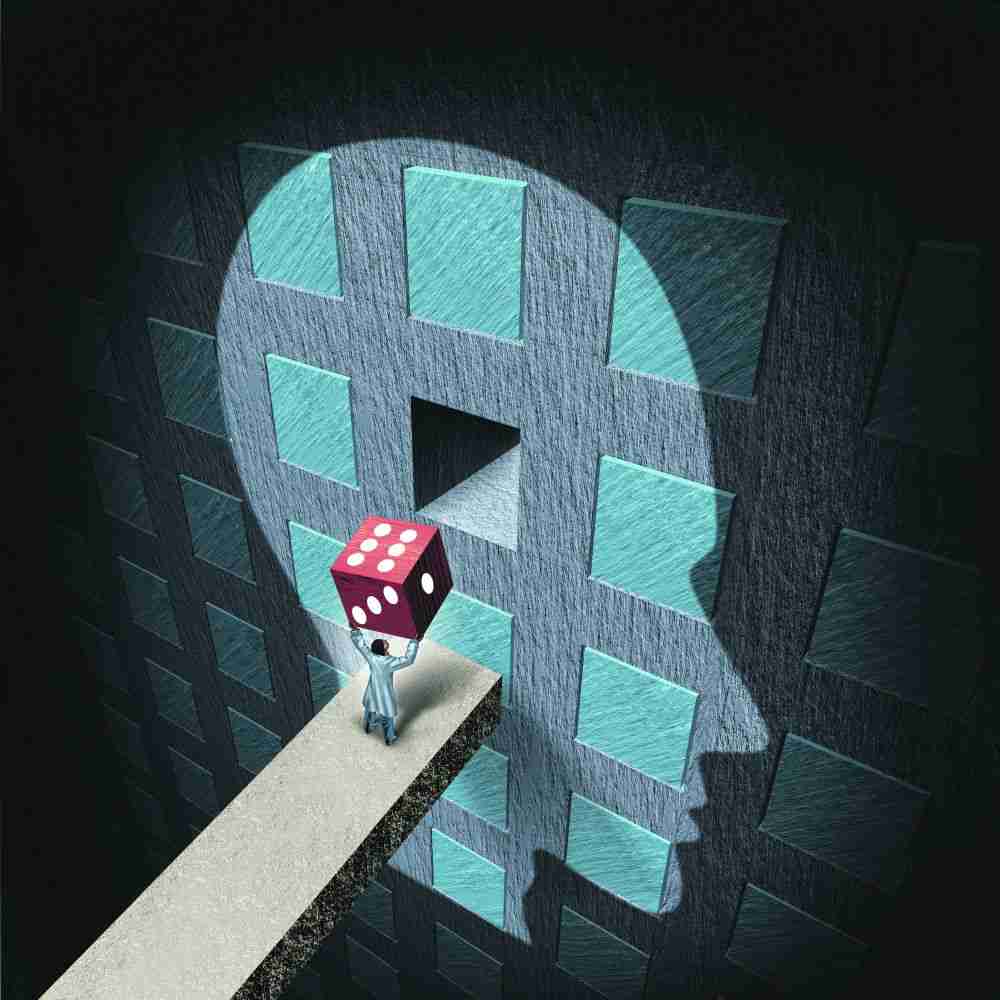
The thrill of gambling is deeply rooted in human psychology, driven by the excitement of uncertainty and the potential for reward.
Gambling has fascinated humans for centuries. Whether it’s the spin of a roulette wheel or the thrill of a jackpot, people are drawn to the excitement of uncertainty. But what is it about gambling that makes it so irresistible? The answer lies in human psychology, where risk-taking behavior, cognitive biases, and emotional highs play a crucial role.
At its core, gambling taps into the brain’s reward system. The anticipation of winning releases dopamine, the same neurotransmitter associated with pleasure and motivation. This chemical reaction keeps players engaged, even when losses occur. Studies show that the near-miss effect—almost winning but falling short—triggers the same excitement as an actual win, encouraging continued play.
 Photo By Google Images
Photo By Google ImagesGamblers often fall victim to cognitive biases that influence decision-making. One of the most common is the illusion of control—the belief that they can influence random outcomes. For example, many players have lucky rituals or believe in hot and cold streaks, even though each bet is independent of previous ones. These misconceptions fuel continued gambling behavior.
Understanding the psychology of gambling helps us recognize why people are drawn to taking risks. While gambling can be a form of entertainment, it’s important to be aware of the psychological mechanisms at play. By acknowledging these factors, players can make more informed decisions and maintain a healthy approach to betting.